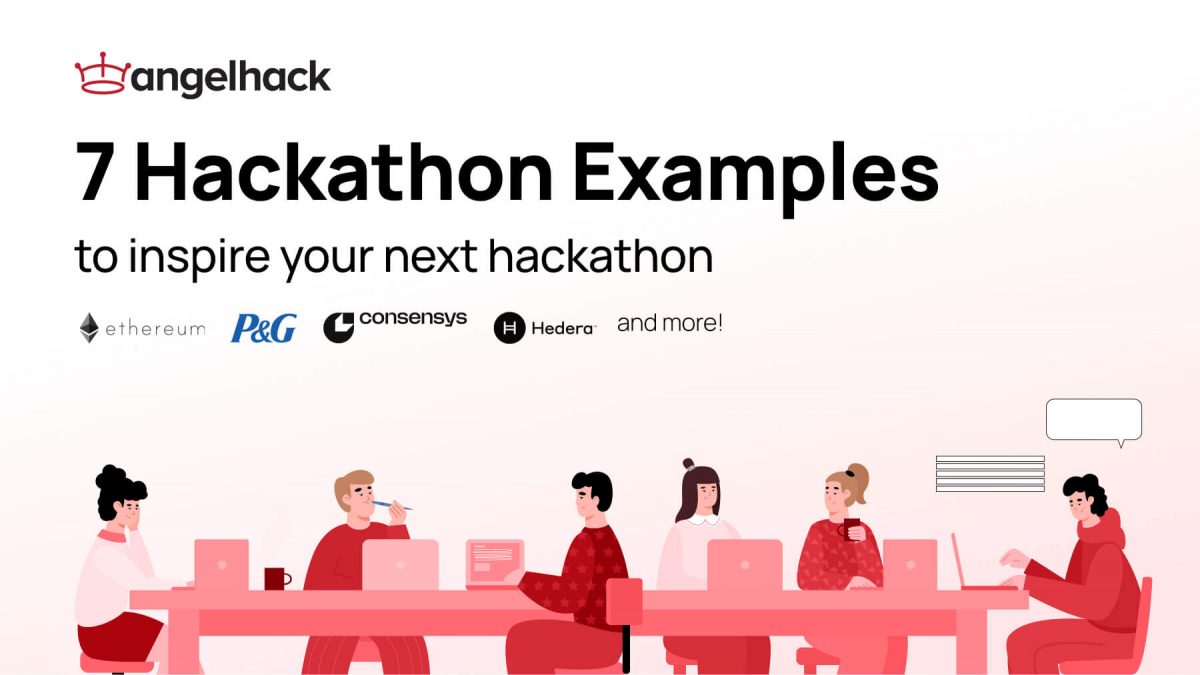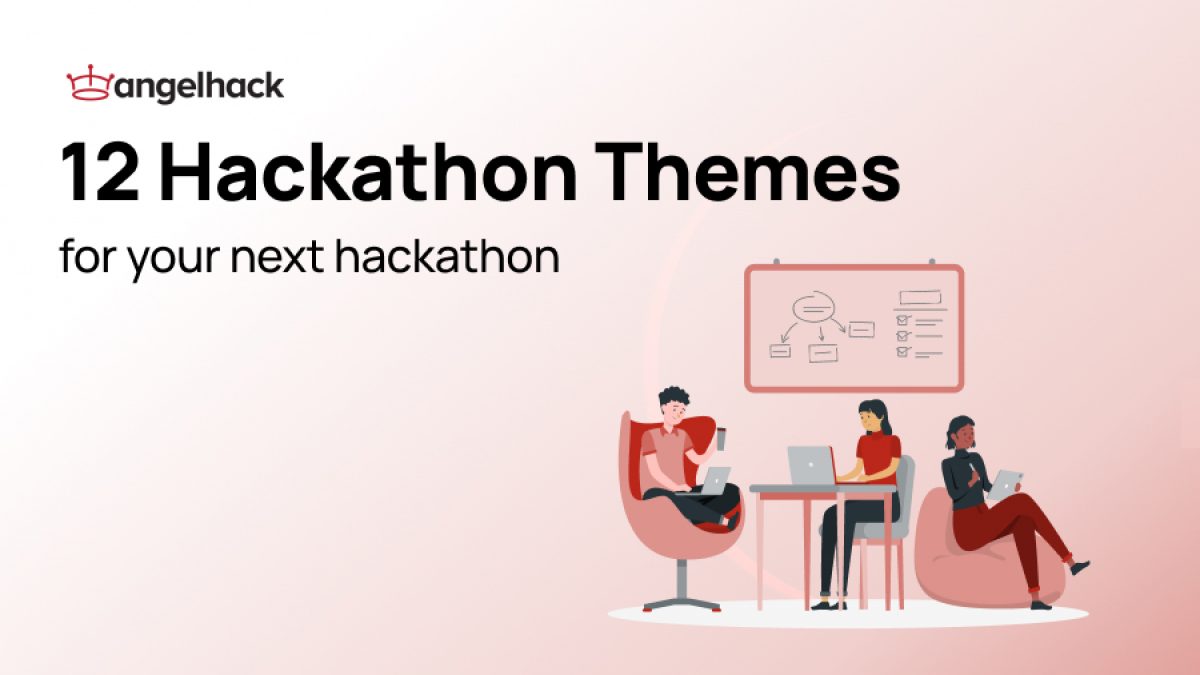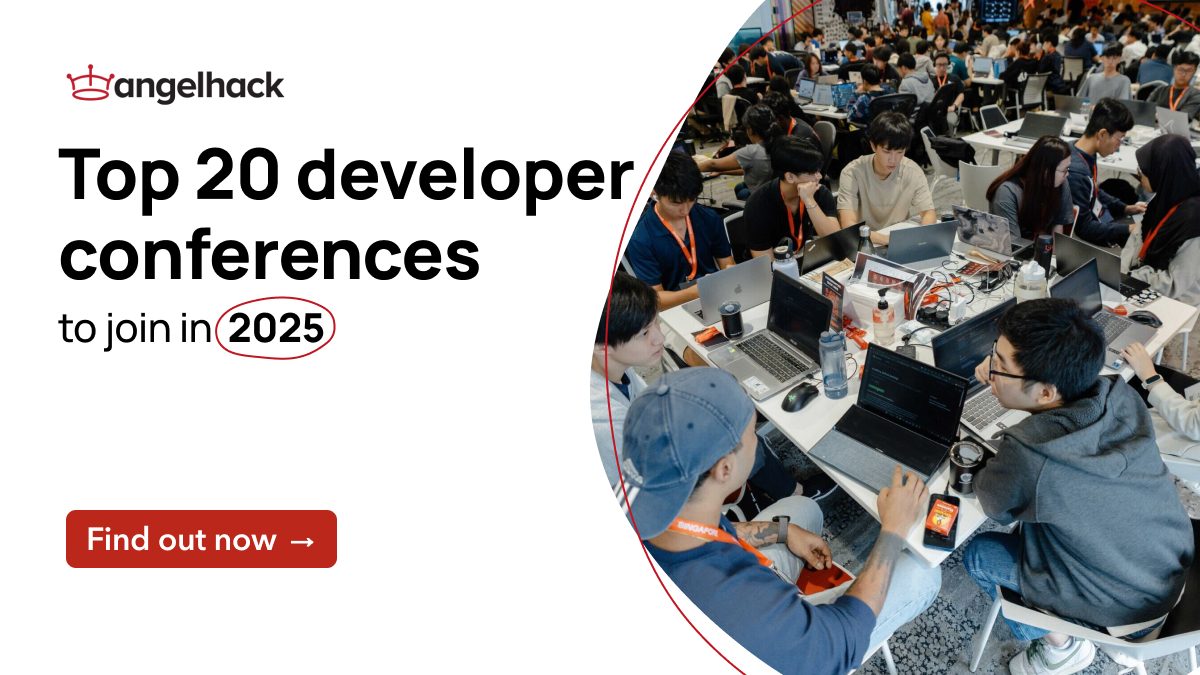Recruiting and onboarding for a coder position is, not surprisingly, an intense and competitive process; yet employee retention can prove to be even more daunting. Turn over rates are notoriously high for coder and developer positions—and replacing them is costly. Re-hiring for a developer earning $130,000/year could cost the company between $65,000 and $95,000 in recruiting and training costs, according to the 2018 Developer Learning Survey Report.
The best way to avoid this retention nightmare is to empower and engage your entry-level coders from day one, during onboarding. Don’t stop there; consider hackathons and mentorship programs as opportunities to continue engaging and empowering both entry-level coders and the rest of the team. Here’s how.
Proactive Recruiting
Onboarding begins with the recruitment process (check out AngelHack’s own job-matching platform, Codeity). These applicants must meet rigorous standards that are also specific to your business’s needs and industry—all while being a good fit with the company.
This makes it the ideal time to start prepping potential candidates for the journey ahead. One method is to start with with coding assessments, which can even be administered during the interview process with Codility, Mettl, or HackerRank. This makes the recruiting process both engaging for the candidate, and enlightening for you.
Final interviews can be scheduled for an entire day, with one-on-one sessions with potential coworkers and tests via whiteboarding. For developer teams, especially those practicing agile, it’s integral to find individuals that are passionate about the project, and fit within the team, both personally and intellectually, and keeping them engaged during this process is a great way to do that:
“For the new coders, it’s very intimidating. We feel that if we can get them well educated in the interview process and how the training takes place, it helps prepare the process of the training itself,” explains Patricia Bower-Jernigan, the coding director of AHIMA.
A dynamic and in-depth recruitment process will boost engagement at the start, and set expectations for what’s expected once those entry-level coders are part of the team.
Inclusive Onboarding with Mentoring
First impressions are important, and onboarding is a critical way to impress and immerse entry-level coders. More often than not, this is the first developer job they’ve had. Your company is setting the foundation for their professional career.
Mentorship is an integral aspect for onboarding coders, giving them a chance to both learn and prove themselves from the start. “In addition to helping new employees get up-to-speed on the ins and outs of the company, developer mentors often participate in pair programming or code reviews. This allows the new hire to start checking in code as early into their new job as possible and ask important questions along the way,” suggests Rachel Ferrigno, contributor to Stack Overflow Business.
This mentorship program is especially valuable when you use junior-level coders as mentors:
- As mentors, junior-level coders are able to practice leadership skills, test their knowledge base, and take on additional responsibilities.
- Mentees will likely find the transition smoother, have more opportunities to engage with learning and their new co-workers, and may feel empowered to take on more work thanks to increased confidence within their position.
Hackathons
In the workplace, a hackathon serves as a team-building event that brings coders together to creatively solve an organizational problem, in a fast-paced environment. In-house hackathons are relatively inexpensive, and are essentially expedited R&D.
The goal is for teams to build a prototype, and then pitch their solution to senior level or management staff. The winning solution can then be implemented within the company. It’s also a great way to get new employees engaged in company initiatives and give them a chance to “show what they’re made of” among senior-level employees.
Hackathons also encourage an innovative and creative culture, and allows coders to both, learn new skills and then apply them for the company. The winning team will feel especially triumphant as they watch their idea get put into action—which we’ve witnessed at a ton of AngelHack hackathons. Many projects have gone on to become full-fledged startups.
Engage and Empower Your Entry-Level Coders
Drive engagement right away, using testing and challenges during the onboarding process. Mentors and hackathons serve as just two more tools to continue the engagement efforts, while empowering everyone on the team. In the end, both low-, junior-, and senior-level coders are engaged with their work, empowered to do more, and actively building a team culture that can help mitigate the high turnover rates most organizations see within their development team.


